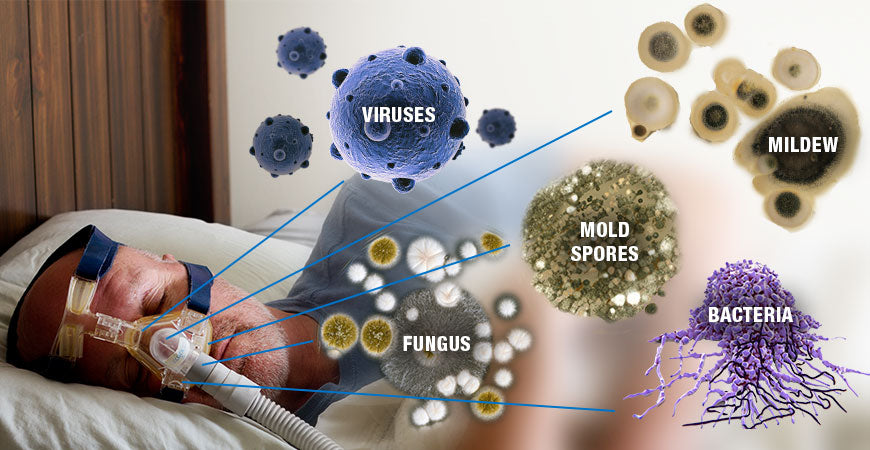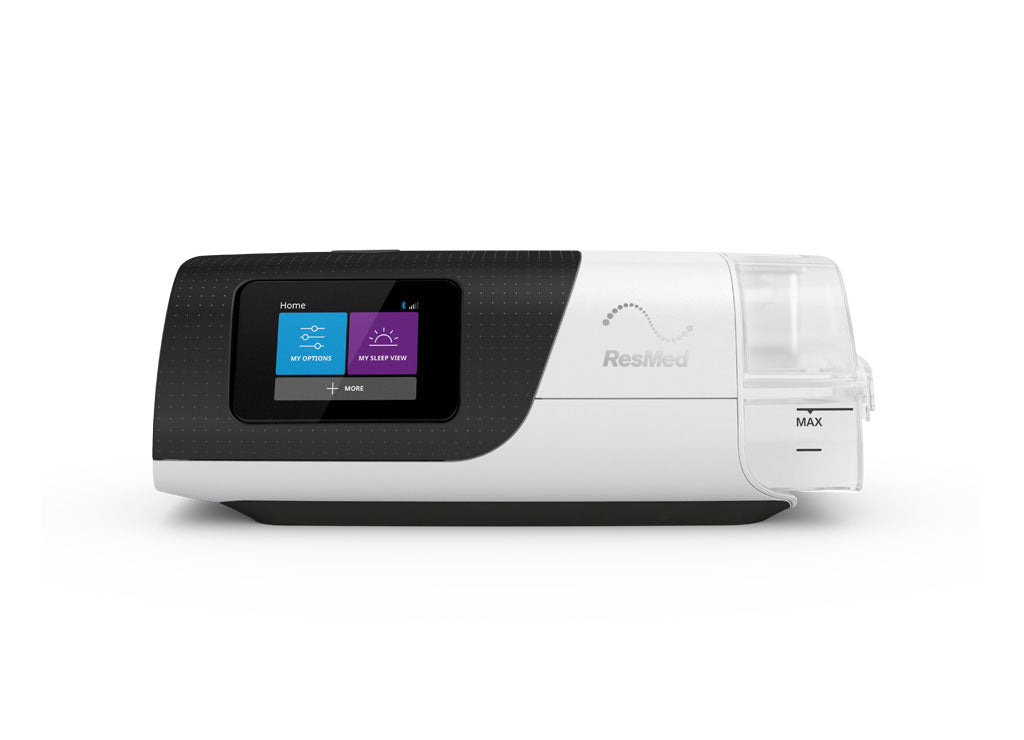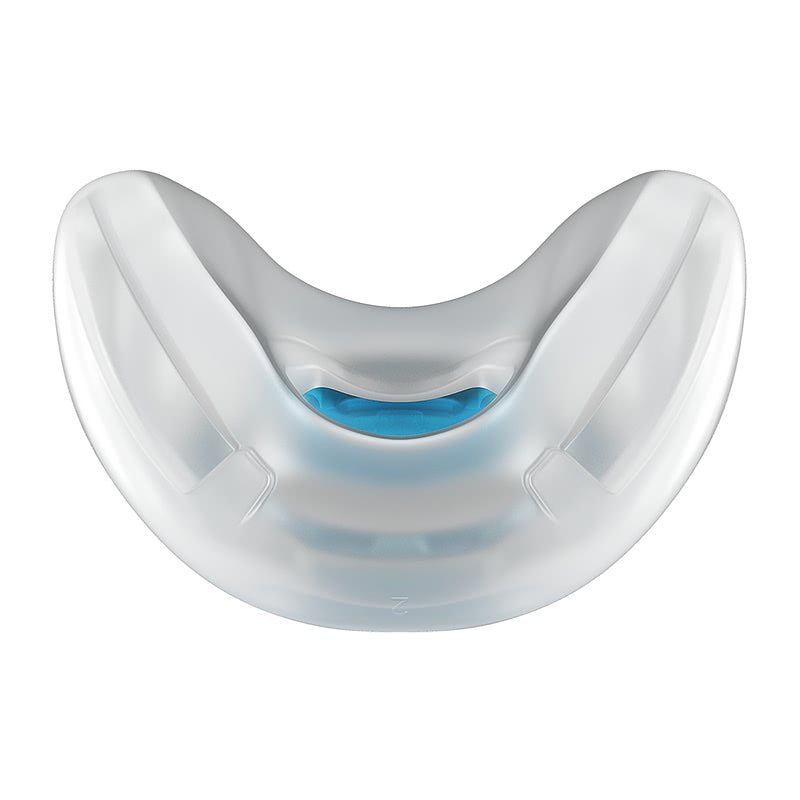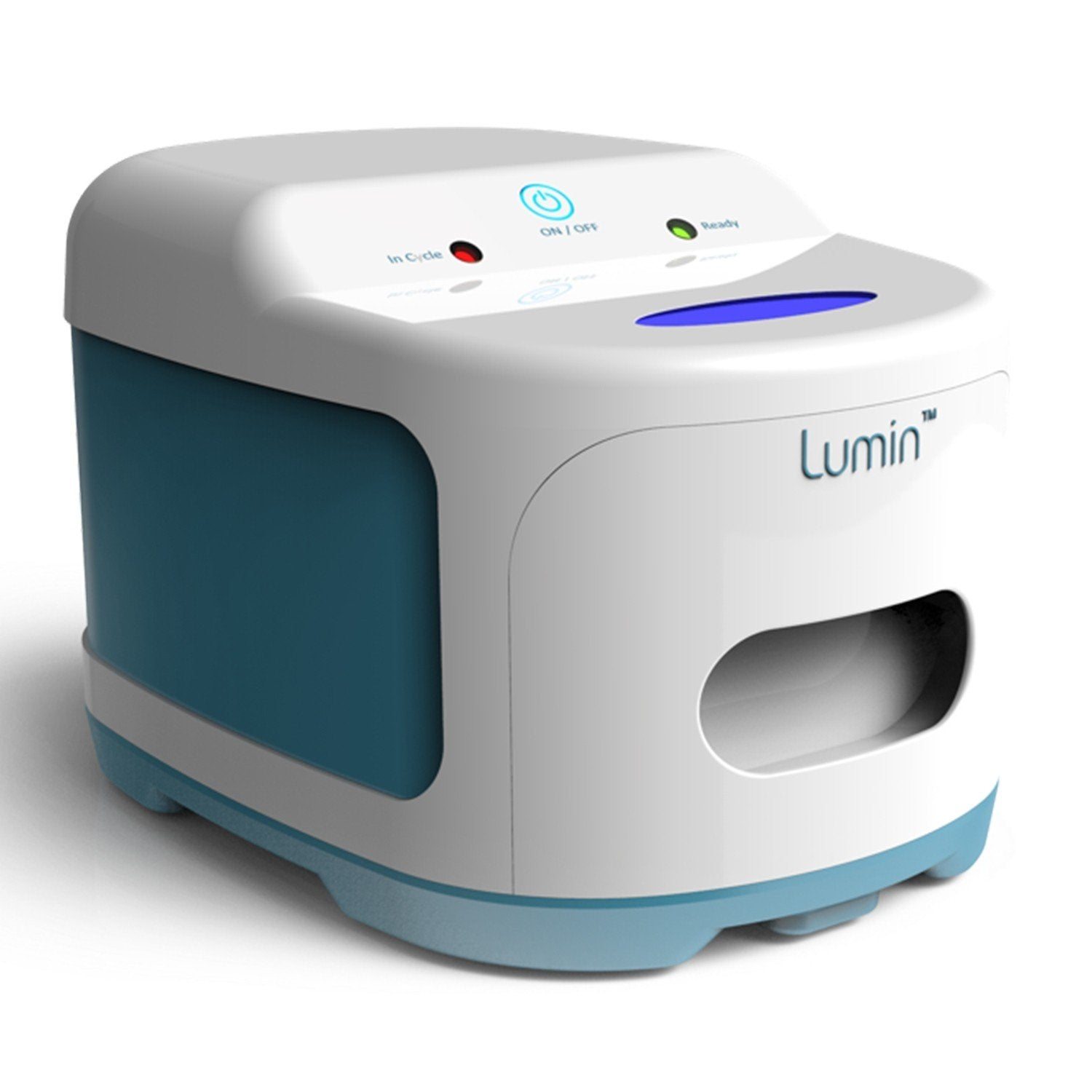
How often do I replace my CPAP filters?
Share
The answer to this question depends on a number of factors, including your sleep apnea type and severity
Although the treatments for sleep apnea are the same, the factors that cause it vary from person to person. Depending on the unique factors that cause your sleep apnea, you may or may not need CPAP therapy for life. The causes of sleep apnea are:
As someone with sleep apnea, you know the importance of a continuous positive airway pressure (CPAP) machine. Without them, you're more likely to experience numerous pauses in breathing throughout the night, leaving you tired and rested during the day. But just like your toothbrush, your CPAP machine needs regular replacement to keep it hygienic and perform at its best.
If you have mild sleep apnea, you may only need to change your filters every six months
We recommend replacing it every 6 months or so
Remember that while pollen and other allergens may look clean, they are not easy to spot and may have built up on your filter, making it less effective.
Disposable filters do not require cleaning. When they expire, you just throw them away. Typically two filters are provided in one pack. In general, you should replace disposable filters every 30 days. These are easy to replace, you just throw the old one away. Make sure the filter is for the correct machine model, as filters can be used with different types of CPAP.
If you have moderate sleep apnea, you may need to change your filters every three months
While most CPAP machine components should be replaced every few months, CPAP air filters will need to be cleaned or replaced monthly, depending on the type of filter in the machine. CPAP filters easily trap airborne bacteria. When the filter becomes dirty, these bacteria can infiltrate your airways. Most filters should be changed every 4 weeks. Households with smokers or pets should replace it more frequently.
The recommended time frame for changing the CPAP filter is twice a month. You should know what kind of filter you need for your CPAP machine, whether it is disposable or washable. There are also hypoallergenic filters to help filter out allergens that may cause irritation. Air filters play an important role in keeping your airways in top condition. If the filters are not clean, they can trap bacteria in the air. These bacteria can build up in the airways because the filters are not working properly due to the impurities. This is why CPAP filters must be replaced regularly.
If you have severe sleep apnea, you may need to change your filters every month
It is very important to change your CPAP filter regularly. If they get dirty, the air you breathe through the device will also get dirty. These filters are very cheap. In general, it is recommended to replace or clean the filter at least once a month. Some insurance companies pay for new filters every 2 weeks.
Regular replacement of your CPAP air filter can have a positive impact on your sleep quality and the overall health of your lungs. Protecting your CPAP machine investment will extend the useful life of your machine. This precaution can save you money in the long run—the better you take care of your filtration system components, the better your machine will perform and the longer you can use it.
Although the treatments for sleep apnea are the same, the factors that cause it vary from person to person. Depending on the unique factors that cause your sleep apnea, you may or may not need CPAP therapy for life. The causes of sleep apnea are:
As someone with sleep apnea, you know the importance of a continuous positive airway pressure (CPAP) machine. Without them, you're more likely to experience numerous pauses in breathing throughout the night, leaving you tired and rested during the day. But just like your toothbrush, your CPAP machine needs regular replacement to keep it hygienic and perform at its best.
If you have mild sleep apnea, you may only need to change your filters every six months
We recommend replacing it every 6 months or so
Remember that while pollen and other allergens may look clean, they are not easy to spot and may have built up on your filter, making it less effective.
Disposable filters do not require cleaning. When they expire, you just throw them away. Typically two filters are provided in one pack. In general, you should replace disposable filters every 30 days. These are easy to replace, you just throw the old one away. Make sure the filter is for the correct machine model, as filters can be used with different types of CPAP.
If you have moderate sleep apnea, you may need to change your filters every three months
While most CPAP machine components should be replaced every few months, CPAP air filters will need to be cleaned or replaced monthly, depending on the type of filter in the machine. CPAP filters easily trap airborne bacteria. When the filter becomes dirty, these bacteria can infiltrate your airways. Most filters should be changed every 4 weeks. Households with smokers or pets should replace it more frequently.
The recommended time frame for changing the CPAP filter is twice a month. You should know what kind of filter you need for your CPAP machine, whether it is disposable or washable. There are also hypoallergenic filters to help filter out allergens that may cause irritation. Air filters play an important role in keeping your airways in top condition. If the filters are not clean, they can trap bacteria in the air. These bacteria can build up in the airways because the filters are not working properly due to the impurities. This is why CPAP filters must be replaced regularly.
If you have severe sleep apnea, you may need to change your filters every month
It is very important to change your CPAP filter regularly. If they get dirty, the air you breathe through the device will also get dirty. These filters are very cheap. In general, it is recommended to replace or clean the filter at least once a month. Some insurance companies pay for new filters every 2 weeks.
Regular replacement of your CPAP air filter can have a positive impact on your sleep quality and the overall health of your lungs. Protecting your CPAP machine investment will extend the useful life of your machine. This precaution can save you money in the long run—the better you take care of your filtration system components, the better your machine will perform and the longer you can use it.




